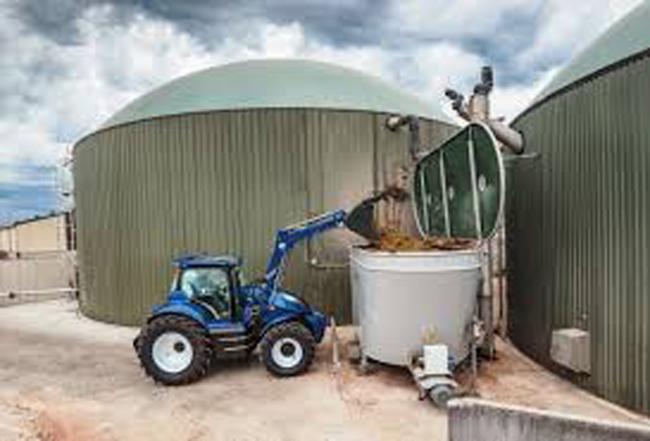Biomethanation of the by-products deriving from the agri-food chain in Campania region

The projects consists of the set-up and operation of a demo plant capable to produce biomethane from the biogas produced by anaerobic digestion of organic substrates collected from the territory of Campania region.
Despite several technologies exist for the biogas clean-up, these are still at an experimental stage and are, thus, only partially employed in full-scale plants. It is, therefore, needed to perform field trials with the aim to find a technological solution, evaluate its upscaling potential and investigate the best operating conditions to make it usable and available for the operators of the agri-food chain.
The projects consists of the design, building and operation of the METAGRO plant, which is meant as an integrated system to treat the agricultural products of the Campania region and valorize them in the form of biomethane.
The project is structured into 4 work packages (WP):
- WP 1, consisting of a detail design and assembly of the demo plant;
- WP 2, concerning the start-up and the steady-state operation of the plant as well as the management and economic considerations;
- WP 3, focused on the operation of the demo plant at the site of the C&F company;
- WP 4, aimed at the dissemination of the results obtained.
The production of energy from organic feedstocks is an important economic goal of our country, also having significant social impacts. Indeed, the biogas produced from the fermentation of biomasses can be used in the transportation sector, domestic heating and the production of semi finished products for the biochemical sector.
Italy is the third country worldwide as producer of biogas from organic feedstocks and boasts the highest number of methane-fueled vehicles after China and Germany. In Italy, approximately 1500 agricultural plants exist. In 2013, the agricultural plants contributed to the 10% of the electric power generated from renewable sources.
Currently, 90% of the agricultural plants is located in Northern Italy and is mainly fed with animal manure (50%) and agricultural residues (20%). The resources located in the regions of Southern Italy would correspond to 5.6 billions of euros and 8,000 job opportunities. The effect of these investments would lead to an increase of approximately 0.3 points of the gross domestic product (GDP) amounting 27,4 billions of euros.
Due to the long-term agricultural history of Campania region, high amounts of agricultural by-products and residues are available on the territory.
This project is framed within this context and foresees the operation of a reactor treating organic agricultural wastes and converting them into biomethane at the location of pre-defined companies. In particular, the main objective is to operate and test a “modular system” for biomethane production from a wide variety of agricultural residues of the Campania region. For instance, only accounting for buffalo manure it would be possible to produce an amount of biomethane of about 130 cubic meters yearly.
The here proposed plant is based on well-established treatment technologies (i.e. anaerobic digestion and biogas desulfurization), which are coupled to other treatment steps such as the clean-up of the biogas produced (by e.g. adsorption). The latter have only been recently investigated in the scientific literature, but are widely calibrated and validated nowadays. The original aspect of this project is the combination of such technologies, which makes the entire treatment innovative for the specific target to be pursued.